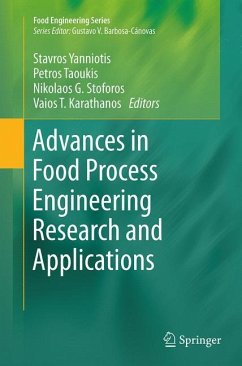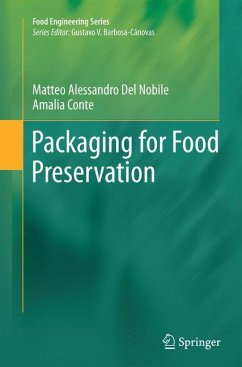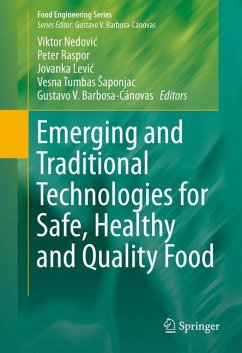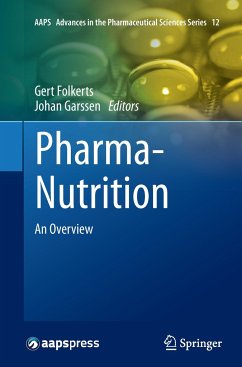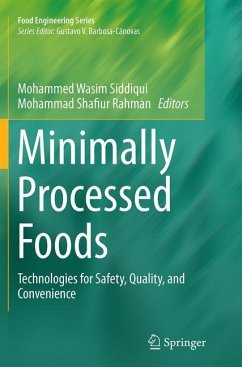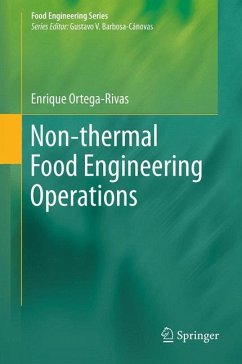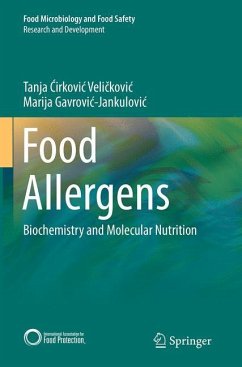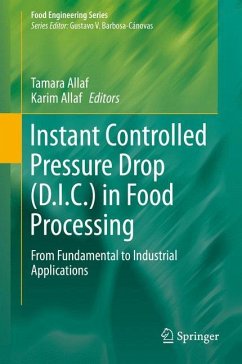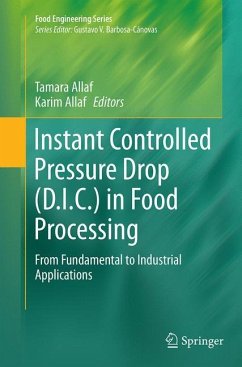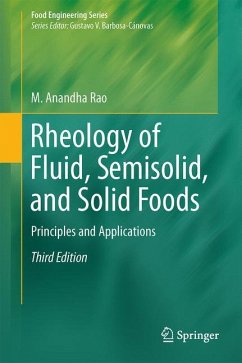Stavros Yanniotis, Professor of Food Engineering at the Food Science & Technology Department, Agricultural University of Athens. He holds a Ph.D. and M.Sc. in Food Engineering from the Department of Food Engineering, University of Massachusetts and B.Sc. in Agricultural Engineering from the Agricultural University of Athens. He has been a faculty member of the Agricultural University of Athens since 1983 and Honorary Professor of the Czech University of Life Sciences in Prague since 2011. His research deals with the design and development of novel methods and systems for food processing and preservation with emphasis on heat and mass transfer, computer simulation, diffusion of water and various solutes in foods, functional foods, water activity and viscosity of foods as well as energy and water conservation in food processing. Petros S. Taoukis , Diploma Chemical Engineer, National Technical University of Athens (NTUA) M.Sc., Ph.D. University of Minnesota, USA. Professor at the Laboratory of Food Chemistry and Technology, School of Chemical Engineering, NTUA. Scientific leader for NTUA in several European research projects. His research in food chemistry, kinetic modeling of food deterioration during and post processing, quality and shelf life predictive modeling, predictive microbiology, enzyme technology , high pressure processing, osmotic processing, intelligent packaging, and chill chain management is well cited. Nikolaos G. Stoforos , a Chemical Engineer (National Technical University of Athens, 1978), is an Associate Professor in Food Preservation at the Department of Food Science and Technology, of Agricultural University of Athens, Greece. He holds a Ph.D. in Engineering (1988) and a Master of Science in Food Science (1984) from the Department of Biological and Agricultural Engineering, and the Department of Food Science and Technology at University of California, Davis, USA, respectively. Before his current position, he worked at the National Food Processors Association, Dublin, CA, USA (1989 - 1992), the Department of Food and Microbial Technology at Katholieke Universiteit Leuven, Heverlee, Belgium (1994 - 1995), the Department of Chemical Engineering at the National Technical University of Athens, Greece (1996 - 2000) and the Department of Chemical Engineering at the Aristotle University of Thessaloniki, Greece (2000 - 2009). His research interests refer to mathematical/kinetic modeling of safety and quality attribute changes during food processing or storage with emphasis on thermal and high pressure processing. Dr. Vaios T. Karathanos has graduated from the School of Chemical Engineering, National Technical University of Athens (1984). He obtained M.Sc. and Ph.D. (1990) from the Department of Food Science of Rutgers, the State University of New Jersey. Dr. Karathanos has worked for over ten years in the food industry and about a similar time in Research Institutions and Universities. Since 2004 he serves as Professor of Food Engineering and Physical Chemistry at the Department of Nutrition, Harokopion University of Athens. His research interests include mass transfer in food systems, physical properties of foods, extrusion cooking, food dehydration by air and freeze drying, encapsulation of bioactive compounds, nutritional evaluation and clinical studies of certain fruits.
